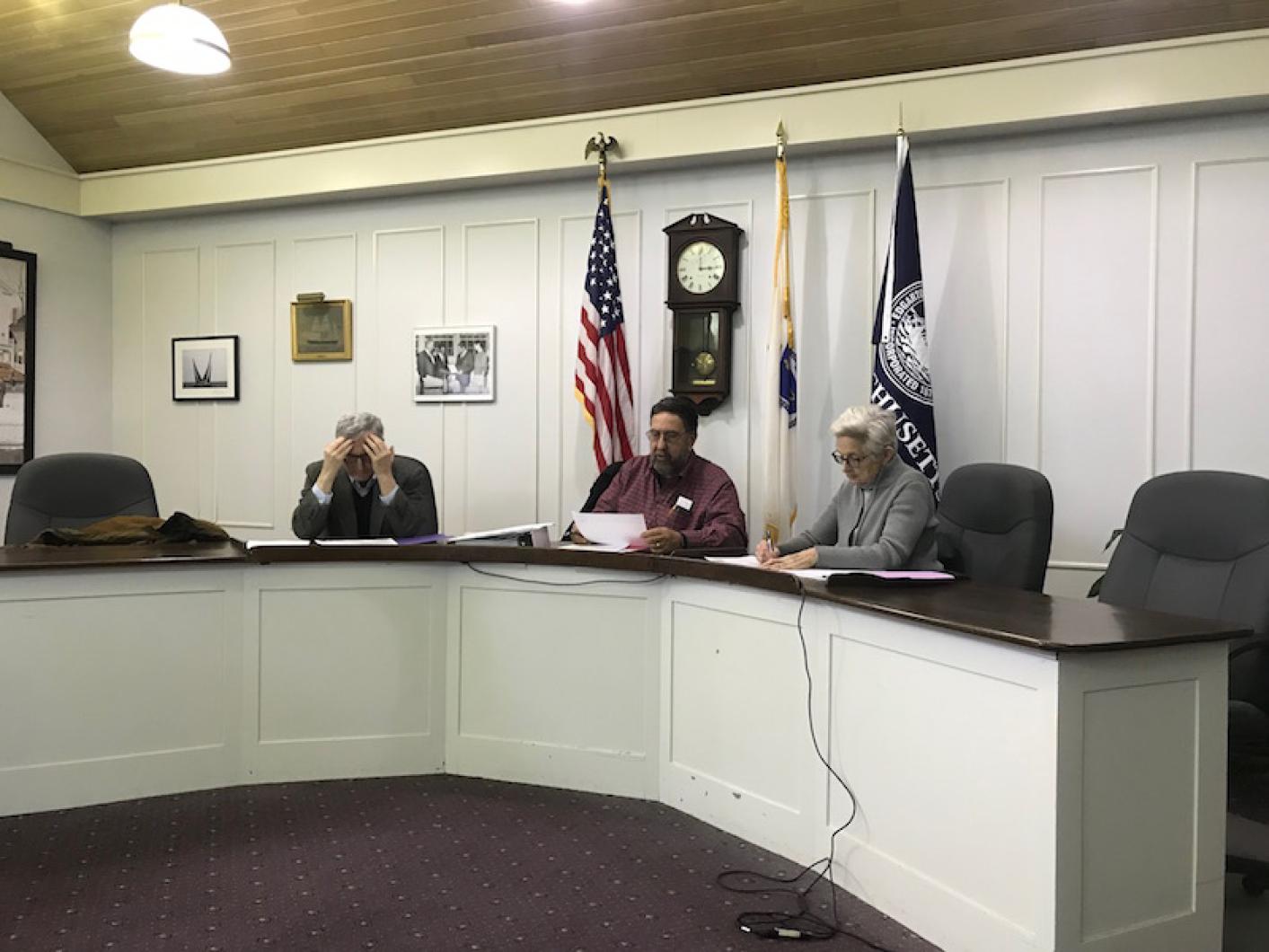The recent passage of the short-term rental tax law has helped spur a renewed effort to create a housing bank on Martha’s Vineyard. Efforts to start a housing bank — a repository for funds modeled after the land bank to support affordable housing — date back for more than a decade. State legislators defeated the idea when it came before Beacon Hill in 2006, and two years ago the question appeared on the warrant for five of the six town meetings. The reception was favorable, with 70 per cent of town voters supporting the creation of a housing bank.
But the question of funding has remained an issue.
Now the housing bank backers believe the short-term rental tax has answered the question.
“We went around to town meetings two years ago knowing we would be ready for a funding source when it came along,” Derrill Bazzy, an employee of the nonprofit Island Housing Trust and proponent of the housing bank, told the Aquinnah selectmen Tuesday. “We feel like now, boom, it has.”
The law that takes effect July 1 applies a 5.7 per cent state tax on all rentals of less than 31 days, and gives towns the option of levying an additional excise tax of up to 6 per cent.
Housing bank advocates now plan to put two warrant articles by petition on annual town meetings this spring. The first article proposes the creation of a housing bank, including an outline of membership, administration and powers. The second asks towns to dedicate a three per cent tax on short-term rentals to the housing bank.
The creation of a housing bank would also require approval from the state legislature and a second vote by towns before it could become law.
An ad hoc committee of 18 Islanders has worked to craft the two warrant articles, which are circulating via petitions in every Island town. Makenzie Brookes, an immigration advocate who is helping to lead the initiative, presented the petitions to selectmen in Edgartown and Chilmark this week. Mr. Bazzy brought them to the Aquinnah selectmen.
“It’s really a once-in-a generation opportunity for there to be a resource for a funding,” he said.
The ad hoc committee estimates that the new rental tax could conservatively generate some $6 million in annual revenue from the six Island towns, with roughly $4 million going to the housing bank.
As currently proposed, the housing bank would include a seven-member commission with three-year terms, with one member elected from each Island town and one appointed by the Dukes County Regional Housing Authority.
Similar to the land bank, the housing bank would have the power to receive funding and real property and employ staff. The commission also would have the power to fund — but not develop — housing projects on the Island.
Towns that sign onto the housing bank would have the option of withdrawing any time after five years. The housing bank would be dissolved if membership is reduced to three or fewer towns.
At the selectmen’s meeting in Edgartown Monday, Steve Ewing, a town resident who serves on the ad hoc committee, expressed support for the initiative, especially given the circumstances with the passage of the short-term rental tax.
“Because this is all happening now, we thought the housing bank could get in on the ground floor,” Mr. Ewing said. “I think it’s the future to help mitigate this issue.”
In Aquinnah, selectman Jim Newman said he supported the measure, and added that he would even suggest the town increase the local tax option from four per cent to six per cent. Selectman Juli Vanderhoop also said she liked the idea, but with a few reservations.
“We have such a limited tax base,” Ms. Vanderhoop said. “I kind of lean toward doing it, but the question comes, is that the most appropriate use for the new revenue coming into this community?”
Cape and Islands state Rep. Dylan Fernandes and Sen. Julian Cyr have voiced support for the measure.
In 2006, after receiving approval from all six towns, a similar housing bank bill was struck down by the state legislature. Real estate lobbyists strongly opposed the housing bank because it would have received funding from real estate transactions.
Island housing bank advocates think the new version, funded from a short-term rental tax, has a better chance for success.
“Third time is a charm . . . we hope,” said Tisbury planning board member Daniel Seidman, a member of the committee who worked on the warrant articles. “It is a bottom-up approach this time.”




Comments (7)
Comments
Comment policy »